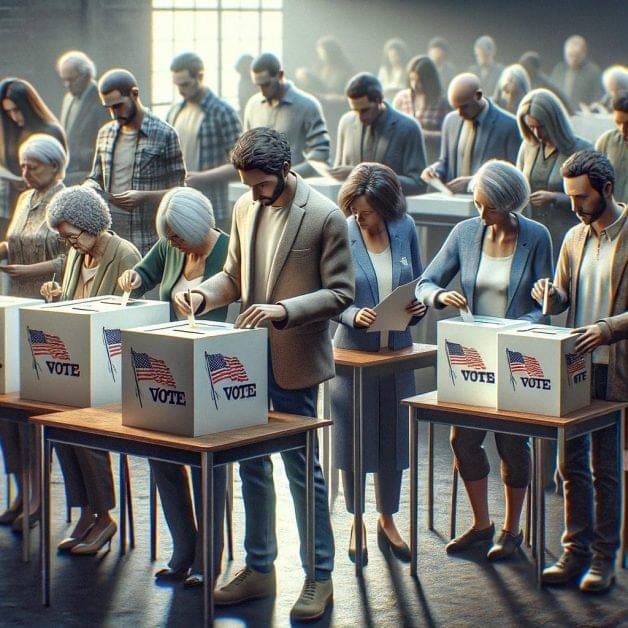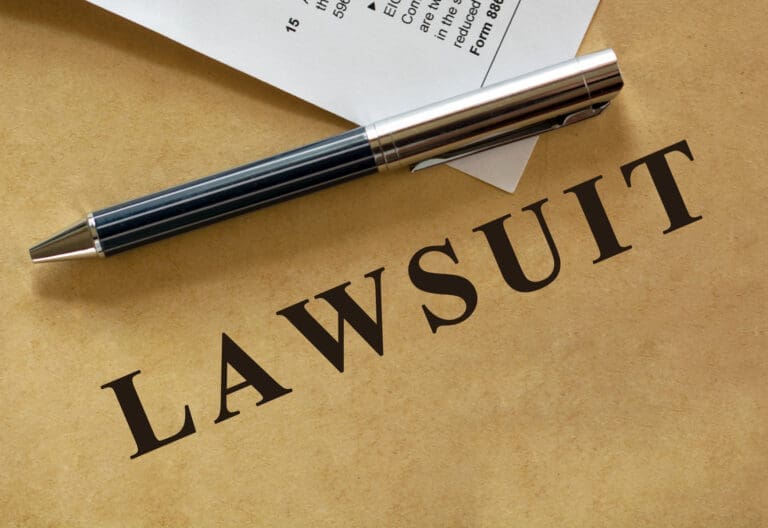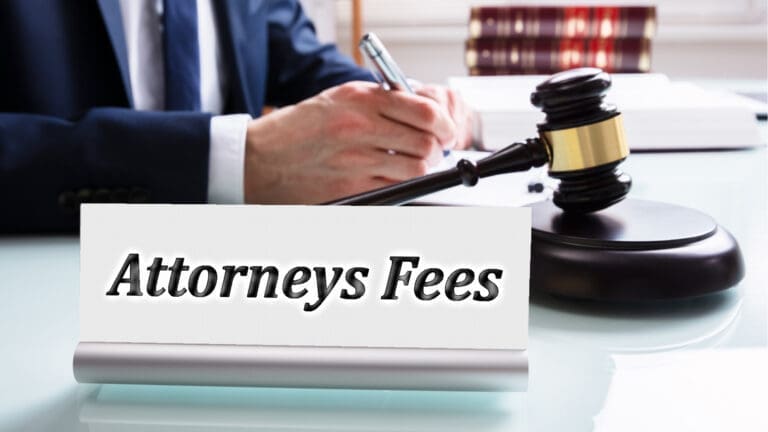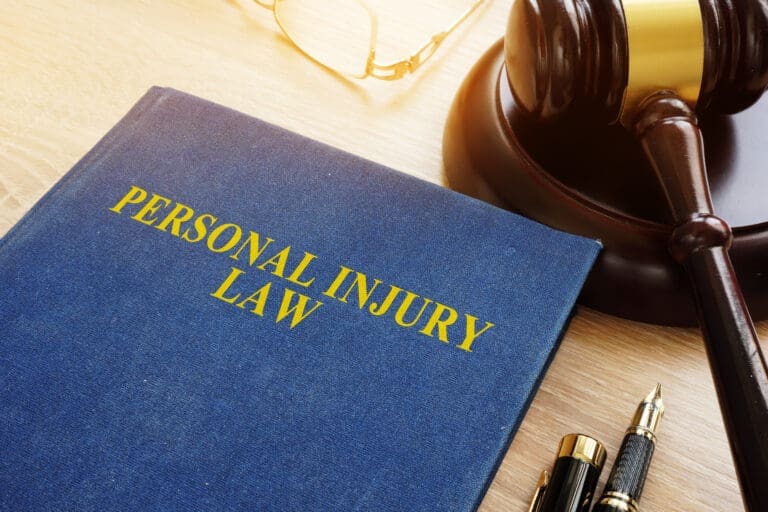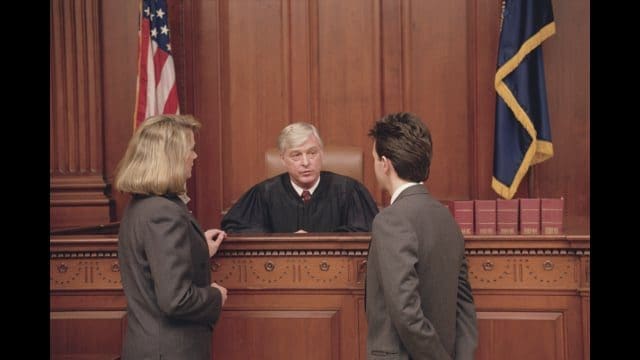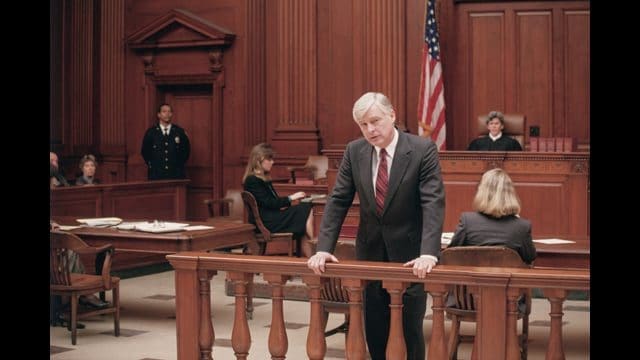In the tapestry of democratic societies, ballots are not merely tools for voting; they are the embodiment of a fundamental right, a cornerstone of civil and criminal law. This article delves into the multifaceted legal dimensions of ballots, exploring their significance, the laws governing their use, and the challenges and reforms shaping their future in democratic elections.
The Essence of Ballots in Democracy
Ballots are at the heart of democratic elections, serving as a physical or electronic means for voters to express their choices. Their role transcends the act of voting; they are a tangible representation of democratic rights and freedoms. Ballots ensure that every eligible voter has a voice in deciding their representatives and the policies that will govern them.
Legal Framework Governing Ballots
The legal landscape surrounding ballots is intricate, encompassing various laws and regulations to ensure fair, accessible, and transparent elections. In the United States, key legislation like the Americans with Disabilities Act and the Voting Rights Act of 1965 mandates that voting processes, including ballots, must be accessible to all voters, irrespective of their physical abilities. This legal framework is crucial in preventing disenfranchisement and ensuring every citizen’s right to participate in the electoral process.
Challenges in Ballot Access and Integrity
Despite robust legal protections, challenges in ballot access and integrity persist. Issues such as voter suppression, gerrymandering, and electoral fraud pose significant threats to the democratic process. Legal battles often ensue to address these challenges, underscoring the need for constant vigilance and reform in election laws.
The Evolution of Ballots and Voting Technology
The evolution of ballots and voting technology reflects the changing landscape of electoral processes. From paper ballots to electronic voting systems, advancements in technology have transformed how votes are cast and counted. These changes bring new legal considerations, especially concerning security, privacy, and the reliability of these systems.
The Role of the Judiciary in Election Laws
The judiciary plays a pivotal role in interpreting and enforcing election laws. Court decisions on matters such as ballot access requirements and campaign finance laws significantly influence the conduct of elections. Landmark cases have shaped the legal precedents that govern various aspects of the voting process, from candidate eligibility to campaign expenditure.
The Future of Ballots and Election Laws
Looking to the future, the continued evolution of election laws and ballot processes is inevitable. As societies grapple with challenges like technological advancements and political polarization, legal reforms in the realm of ballots and elections will be crucial in upholding the principles of democracy.
In conclusion, ballots are more than just a mechanism for voting; they are a critical component of democratic governance. The laws and regulations that govern them play an essential role in ensuring fair and free elections. As societies evolve, so too must the legal frameworks that protect the integrity of the ballot and the democratic process.
Case Study 1: Bush v. Gore and the 2000 U.S. Presidential Election One of the most notable examples in recent history is the 2000 U.S. Presidential election, specifically the Bush v. Gore Supreme Court case. The controversy centered around the recount of votes in Florida, with issues such as the interpretation of voter intent and the use of different ballot designs coming into play. This case underscored the significance of ballot design and the legal processes involved in vote counting, ultimately leading to a Supreme Court decision that halted the recount, effectively awarding the presidency to George W. Bush.
Case Study 2: The Introduction of Electronic Voting The shift towards electronic voting systems, especially in countries like India, Brazil, and parts of the United States, offers another intriguing case. These systems were introduced to make voting more efficient and reduce the likelihood of errors associated with paper ballots. However, they also brought new challenges related to cybersecurity, voter privacy, and reliability. Legal debates and reforms have emerged to address these concerns, ensuring that electronic voting systems uphold the integrity of the electoral process.
Case Study 3: Voter ID Laws and Access to Ballots In various U.S. states, the introduction of stricter voter ID laws has sparked significant legal debates. Proponents argue that these laws are necessary to prevent electoral fraud, while opponents claim they disproportionately disenfranchise minority and low-income voters. Legal challenges to these laws often revolve around their compliance with the Voting Rights Act and the U.S. Constitution, with several cases reaching federal courts.
Example: The Use of Mail-in Ballots during the COVID-19 Pandemic The 2020 U.S. Presidential election saw a significant increase in the use of mail-in ballots due to the COVID-19 pandemic. This shift raised legal questions about deadlines for receiving mail-in ballots, verification processes, and the capacity of postal services to handle the surge. The situation led to numerous lawsuits across several states, highlighting the importance of legal frameworks in adapting to unforeseen challenges in the voting process.
Conclusión These case studies and examples illustrate the complex interplay between ballots, legal frameworks, and democratic processes. They demonstrate the importance of continually assessing and refining election laws to respond to new challenges, technological changes, and societal needs. As democracies evolve, the legal underpinnings of how ballots are used, processed, and protected remain crucial in ensuring fair and free elections for all citizens.
Fuentes:
- Legal Information Institute – Ballots
- Wikipedia – Derecho electoral

